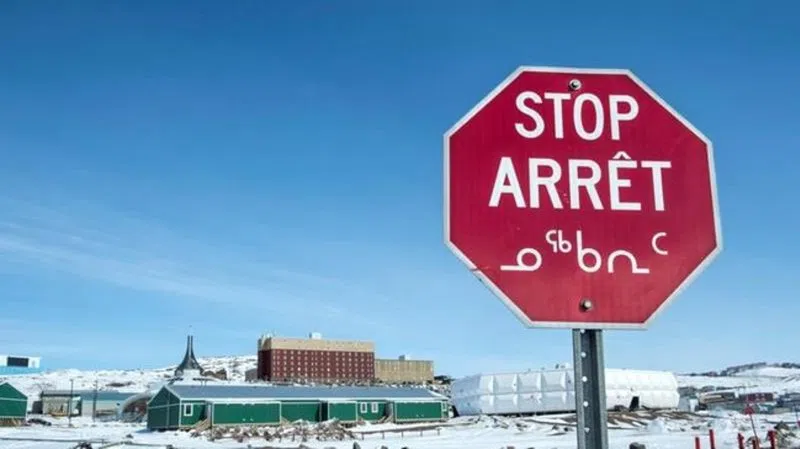
Global Inuit organization concerned about potential spread of COVID-19 in North
OTTAWA — If the novel coronavirus spreads to the North, Inuit communities in Canada and elsewhere in the Arctic are at a much higher risk of exposure because of a chronic lack of basic infrastructure and resources, according to the Inuit Circumpolar Council.
The council, which represents about 180,000 Inuit living in Canada, Alaska, Greenland and Russia, said they must be considered in government responses to the coronavirus because of the potential compounding threat to basic health and well-being in those communities.
Many communities lack sewers and running water, putting people at greater risk of getting sick from COVID-19, the respiratory disease linked to the virus, the council said this week, noting there is already a high prevalence of tuberculosis and other respiratory infections in those communities.
“Despite being the original inhabitants of some of the most affluent countries in the world, gaps in basic infrastructure continue to contribute to severe health risks,” the council said in a news release.

